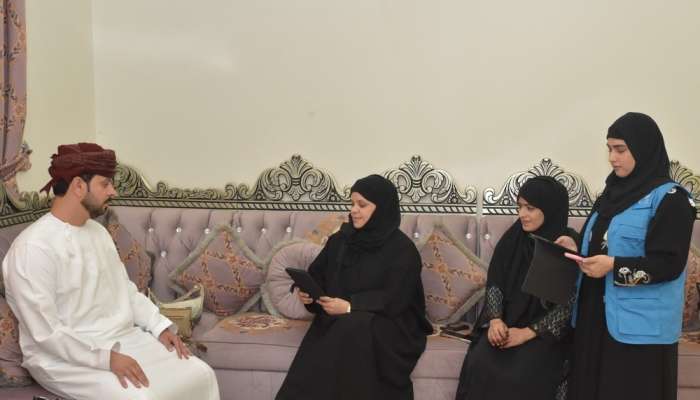
Muscat: The Ministry of Health continues its ongoing efforts to enhance public health and achieve national goals in disease prevention through the National Survey on Non-Communicable Diseases (NCDs). The initiative aims to provide accurate data to support health policy development and improve quality of life in Oman.
Dr. Shatha Saud Al Ruqaishi, Director of the Non-Communicable Diseases Department at the Ministry of Health, told Oman News Agency that the survey serves as an evidence-based strategic tool to assess the burden of NCDs and their associated risk factors across Oman’s governorates and demographic groups.
She noted that the ministry has built upon previous survey results to implement key national interventions and policies, including drafting and updating national NCD control plans, expanding early screening programs for diabetes, hypertension, and kidney diseases, and linking them to primary healthcare institutions. Additionally, awareness campaigns targeting behavioral risk factors have been intensified.
The survey’s findings, she explained, will enhance health policies and preventive programs by strengthening evidence-based governance through national field data. This will help identify high-risk groups, measure the prevalence of behavioral and biological risk factors, and guide targeted interventions.
Implementing a survey of this scale and complexity presents logistical challenges, including reaching remote areas and ensuring community cooperation. Misinformation about data privacy has also been a hurdle, requiring repeated awareness efforts to build trust, she explained.
The survey is conducted in collaboration with the World Health Organization (WHO), which provides technical support and training to align methodologies with global standards. Nationally, partners include the National Centre for Statistics and Information, the Royal Oman Police (via the National Records Centre), the Ministry of Information, the Ministry of Endowments and Religious Affairs, and other government and private entities.
Success hinges on community cooperation, Dr. Al-Ruqaishi stressed. Individuals can contribute by welcoming field teams, providing accurate information, undergoing required medical tests, and encouraging others to participate. All collected data is confidential, and participation is voluntary—yet its impact is collective, shaping equitable and high-quality health services for future generations, she affirmed.
An integrated awareness campaign accompanies the survey, leveraging TV and radio interviews, multilingual videos, Friday sermons, and SMS alerts to highlight its importance.
To counter rumors, the ministry adopts a proactive approach, offering clarifications through official channels, rapid-response media teams, and a dedicated hotline for public inquiries. Every concern is addressed transparently, reinforcing trust in the survey’s ethical and privacy standards, she further added.
By targeting individuals aged 15 and above (citizens and residents), the survey aims to: Assess the prevalence of NCDs in Oman; Analyze risk factors (e.g., unhealthy diets, physical inactivity, smoking); And build a national database to inform effective prevention strategies and healthcare improvements.
The initiative aligns with Oman’s broader strategy to combat NCDs and improve population health in line with local and global efforts.
—— Ends/AH